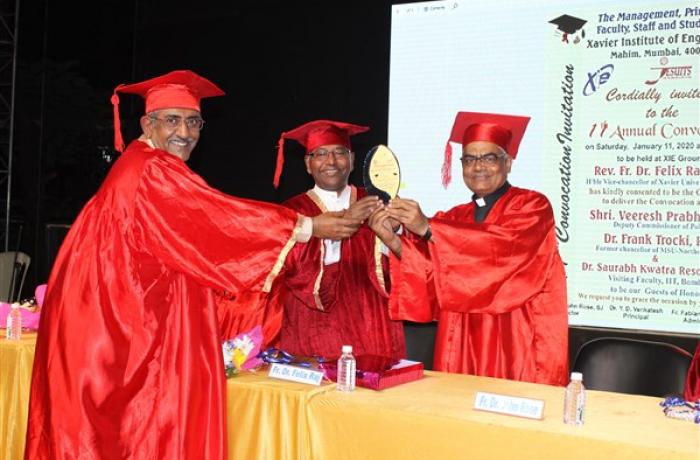Catholics slam ruling that allows the government to choose teachers in minority schools
Religious schools enjoy administrative autonomy under the Indian Constitution. However, the Supreme Court now opens them up to state interference. “Minority institutions must respect minimum criteria for the admission of students as well as the recruitment of teachers, like any other institution,” Kolkata teacher noted.
Indian Catholics are against the Supreme Court’s decision to allow the government to appoint teachers in religious minority schools.
“Article 30 of the Indian Constitution gives religious minorities the right to establish and administer their own educational institutions,” said Fr Felix Raj, vice rector of St Xavier’s University in Kolkata, speaking to AsiaNews.
The ruling came on 6 January and refers to the West Bengal Madrasa Service Commission Act of 2008. The court upheld a law that allows the federal government to screen teachers in state-aided madrassas (Islamic schools).
The same principle can be applied to Christian schools, which run in the thousands.
Under the Indian Constitution, minorities have the right to full school autonomy, including the right to choose their teachers based on their own notions of social progress.
Fr Raj has an extensive experience in education, and was honoured with the Xavier Ratna Award from the Xavier Institute of Engineering, Mumbai, for his contribution to higher education and for making education more affordable for the poor in rural areas.
“Minority institutions must respect minimum criteria for the admission of students as well as the recruitment of teachers, like any other institution,” he explained.
“The Government may establish certain regulatory mechanisms but should not interfere in the functioning of the administration or policy directives of these institutions.
“Any influence will kill the spirit of autonomy and the very purpose of establishing these institutions. The Government must play a proactive and supportive role to these institutions.”






